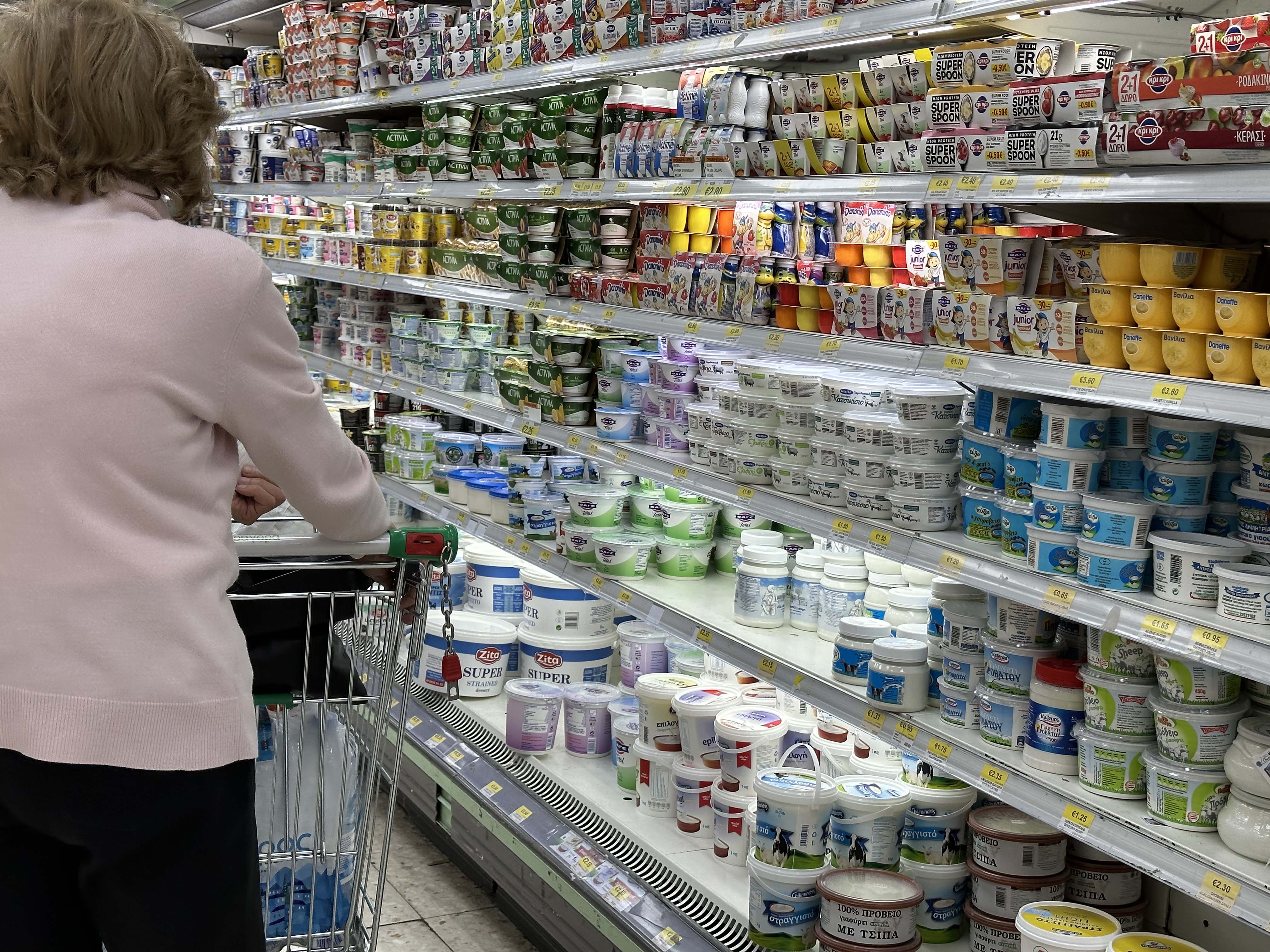The VAT cuts on seven categories of products go into force today. This is a measure taken by the government, as a way of helping people cope with the surge in prices, about which there has been growing discontent. With the European Commission having greenlighted VAT cuts as a way of offering some relief to consumers in this period of high inflation, the government felt obliged to introduce the cuts which will be in place until the end of October and reduce tax revenue by about €11 million.
Although it is a well-intentioned measure, its implementation will be an administrative nightmare for the government, which will have to ensure that the reduction is passed on to the consumer. This is no certainty, given there is a supply chain for a good to reach a shelf in a shop. Also, what would happen with stocks that shops already have and on which they have already paid VAT? And how would anyone know when old stock has run out and reductions should kick in?
According to a newspaper report, employees of the commerce ministry’s Consumer Protection Service, for the last two weeks, have been touring shops to record the prices at which products, that would have zero VAT, were being sold so they would know what the new prices should be. So, over the next six months they would be stepping up inspections of shops all over the country to ensure the VAT cut was benefiting the consumer rather than the shopkeeper. The service has also urged consumers to report shops that had not reduced the prices of zero VAT goods.
How do they envision this, considering prices for most items are not the same in all shops? Would a shop that always charged higher prices for basic items be reported by a shopper and would the inspectors waste their time carrying out checks? Without setting maximum prices – which the European Commission would not approve – it would be near impossible to establish whether the cut has been passed on to the consumer; armies of inspectors would be needed to make sure it was being implemented.
And will the zero VAT make a difference to consumers? Perhaps the addition of more goods to the zero VAT category – which the government is planning – would save a few euros a week. A more useful tool for saving money, would be the ‘e-kalathi’ platform listing prices of goods in different shops, which the government is preparing and the big supermarkets oppose. This would be very helpful as it would also increase price competition among the supermarkets, which would benefit the consumers, probably more than the VAT cuts.







Click here to change your cookie preferences